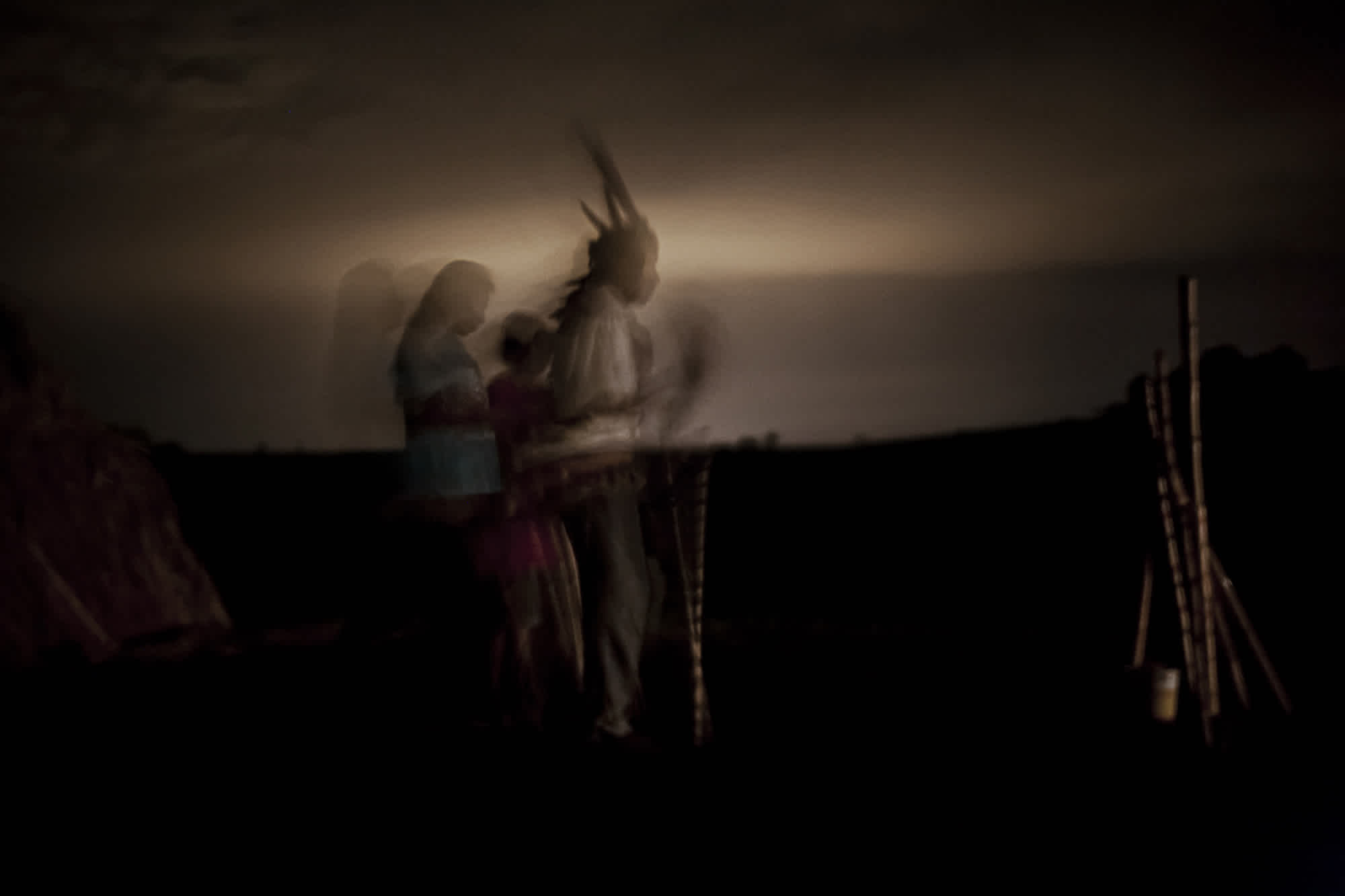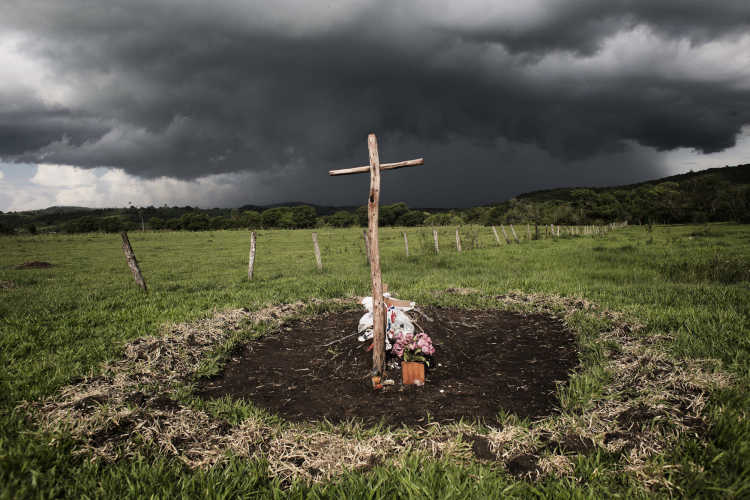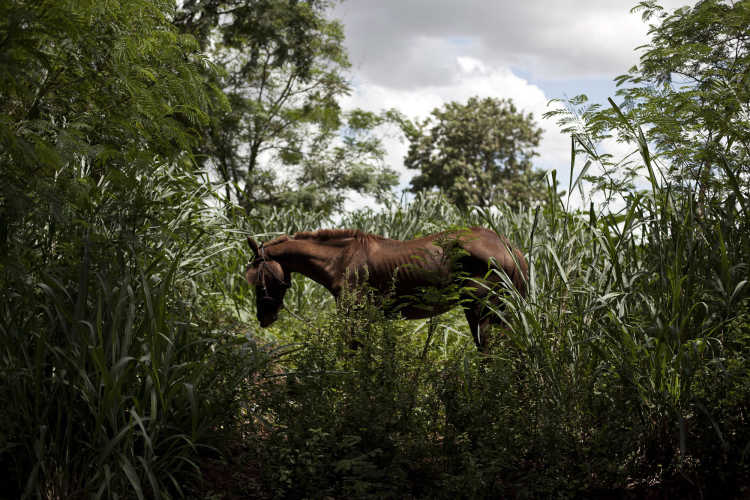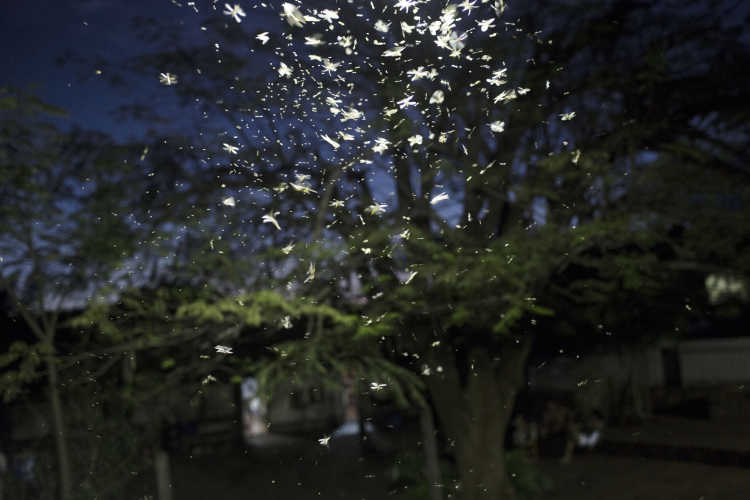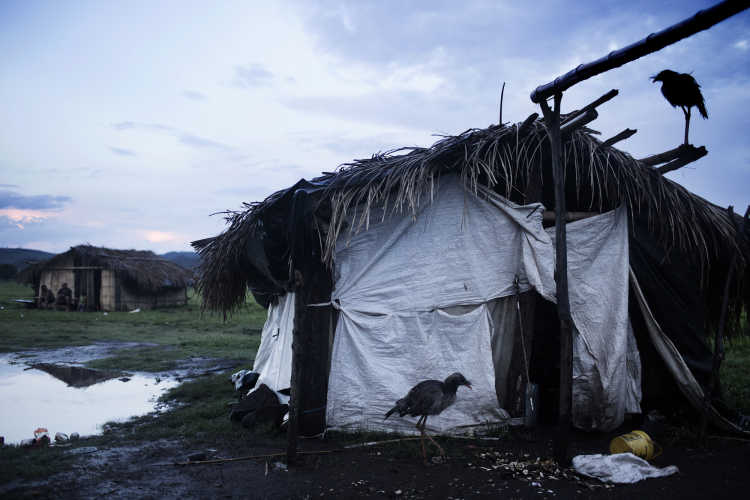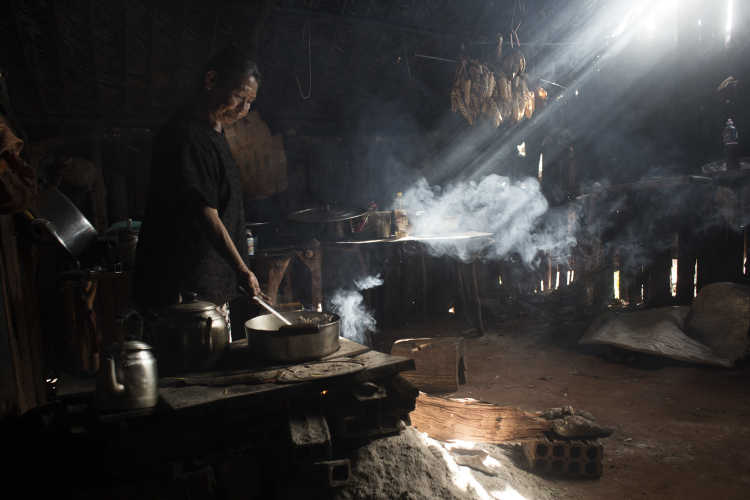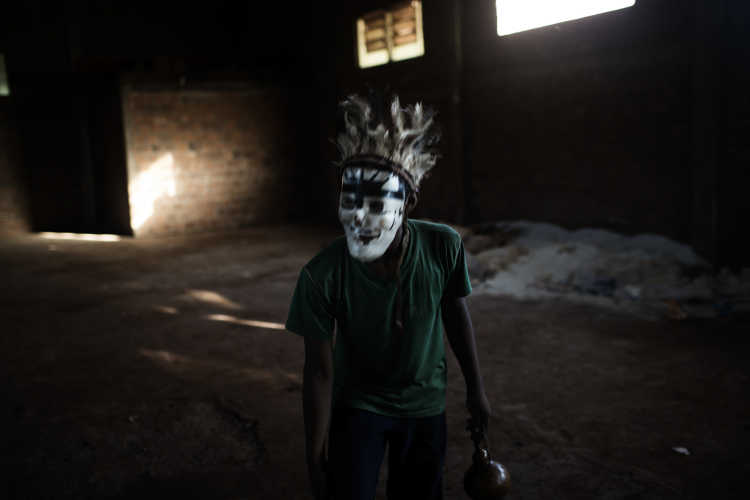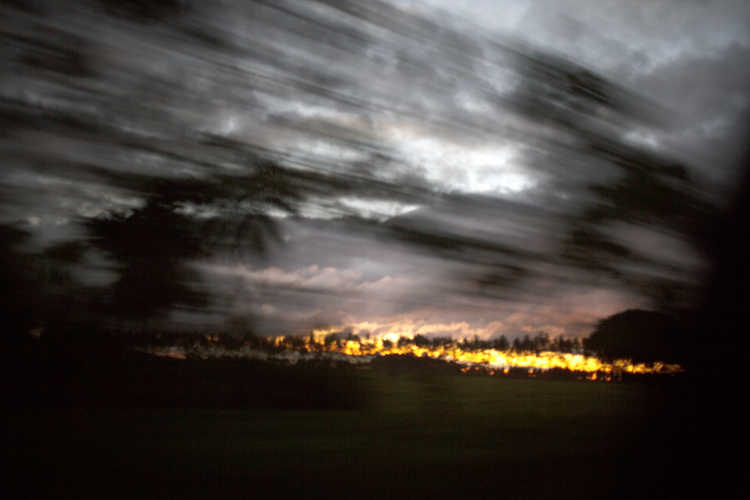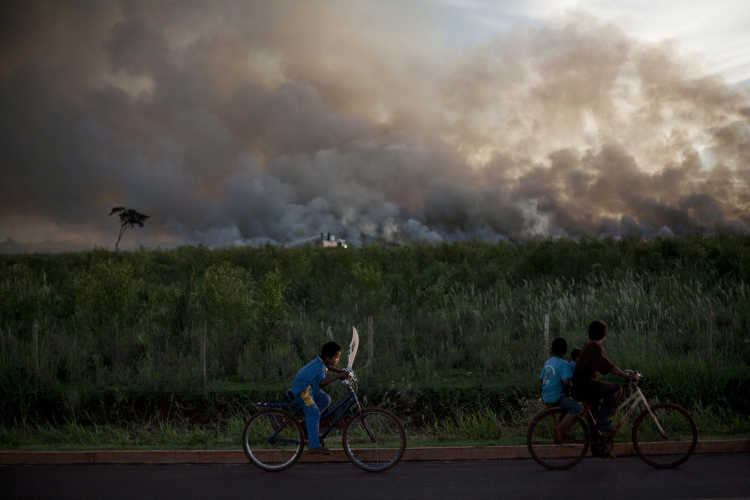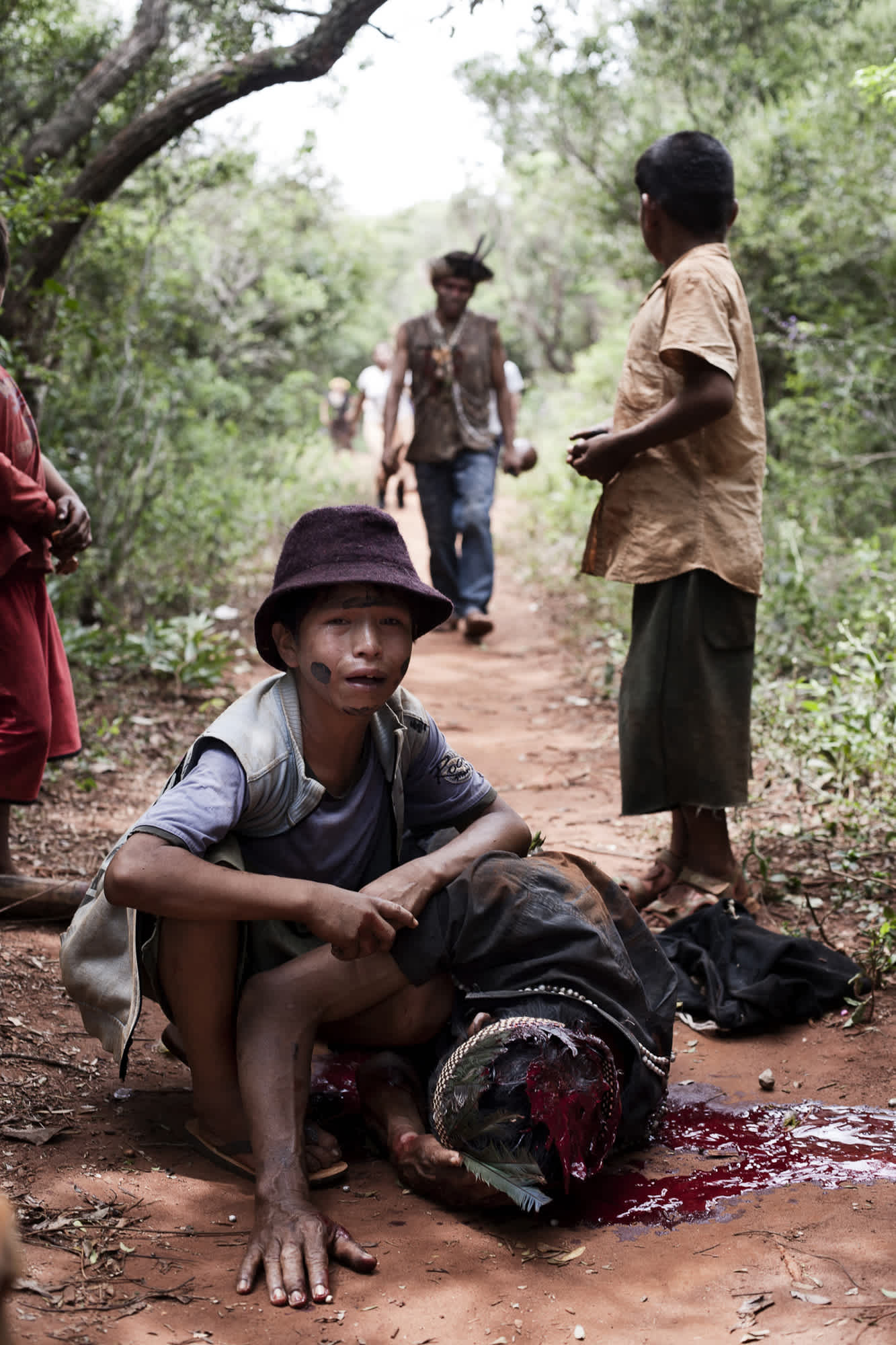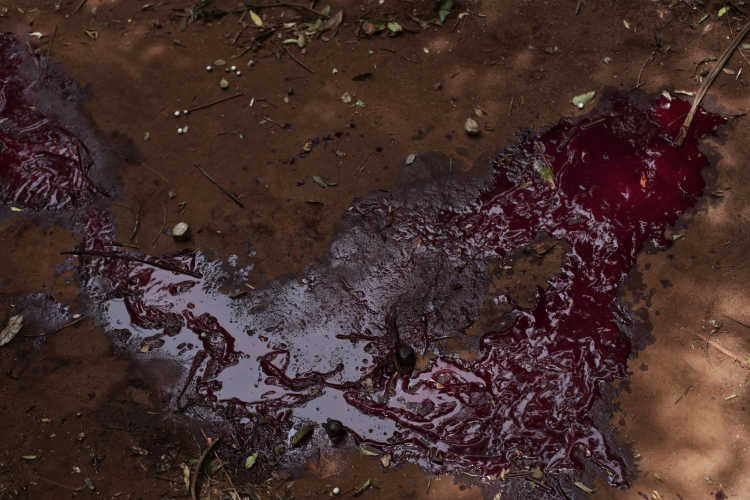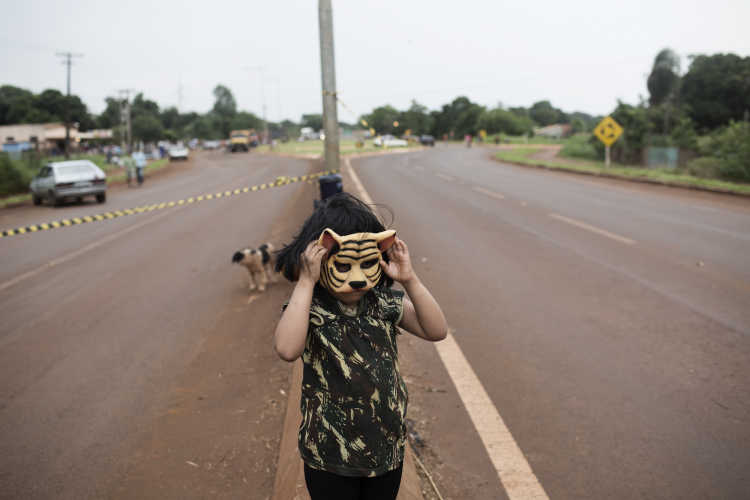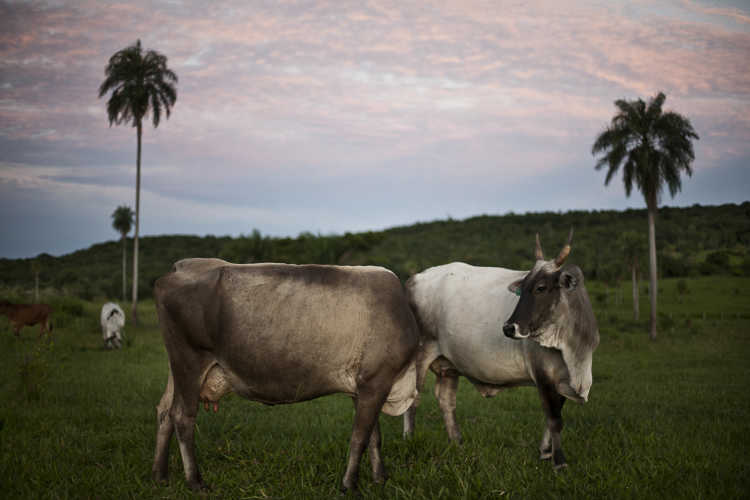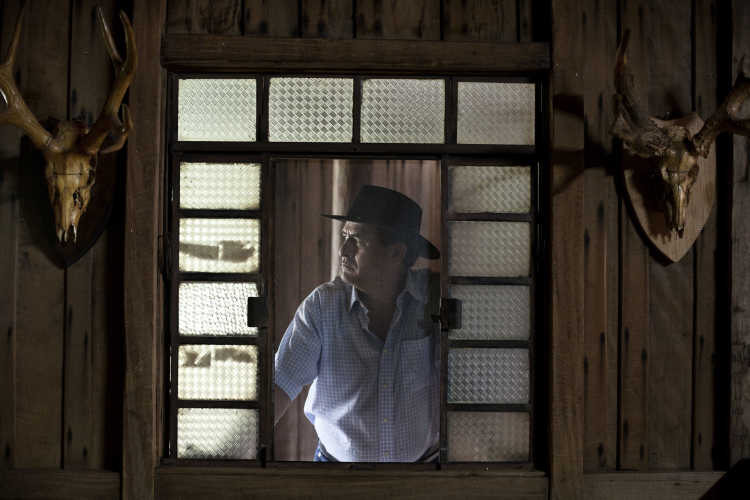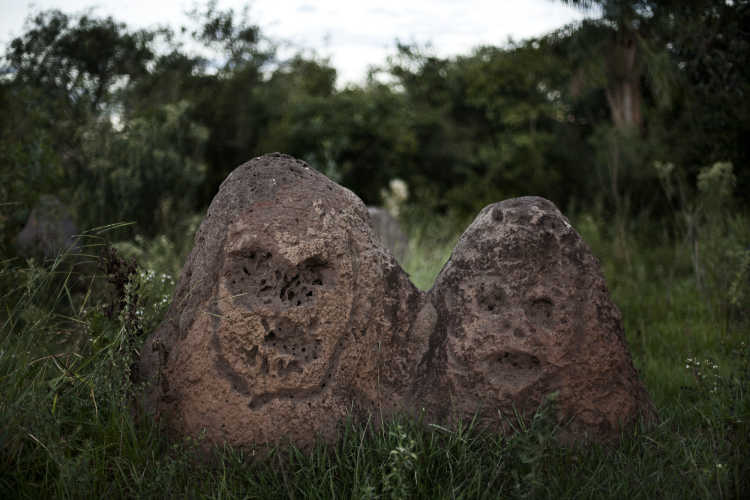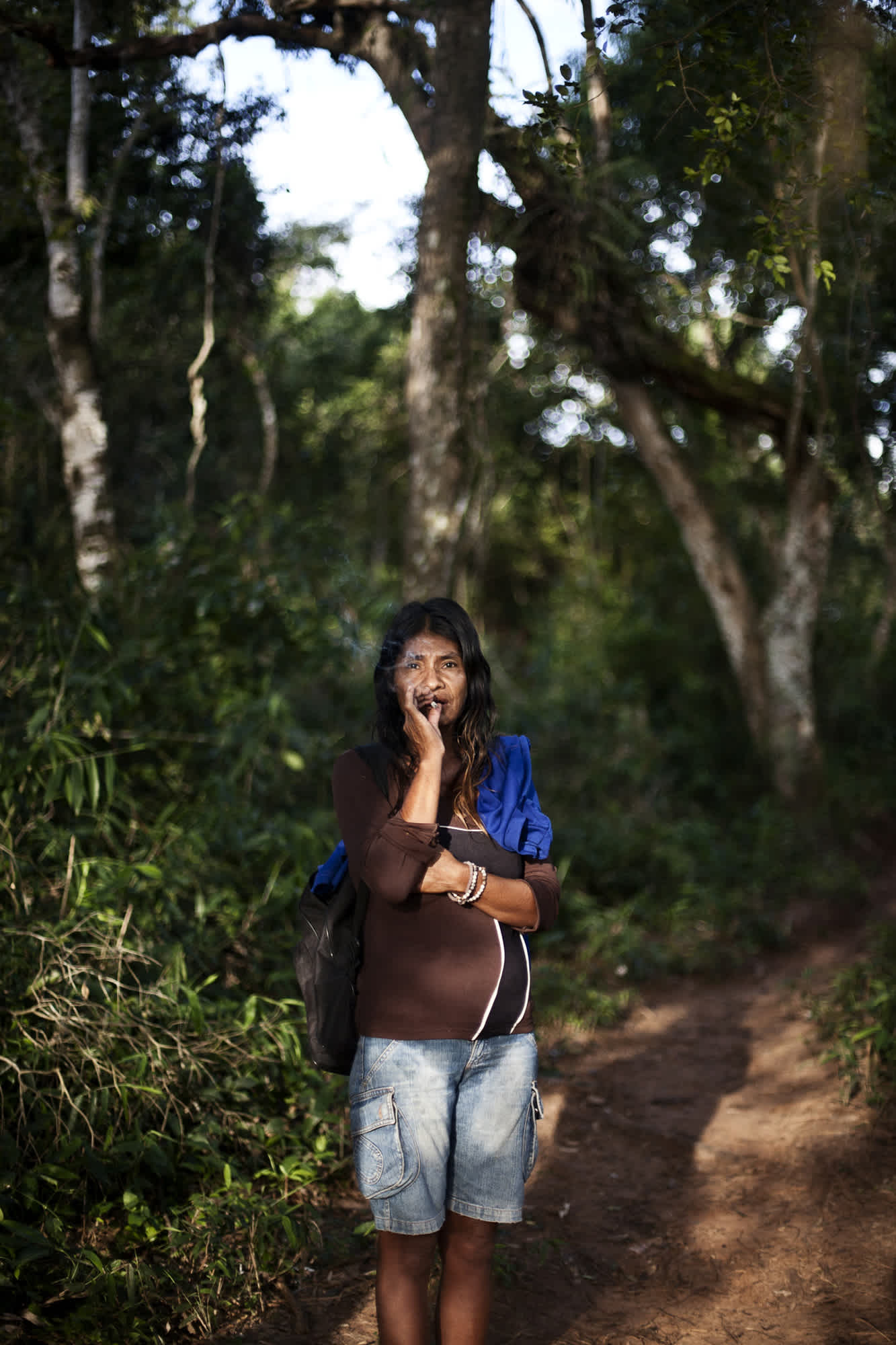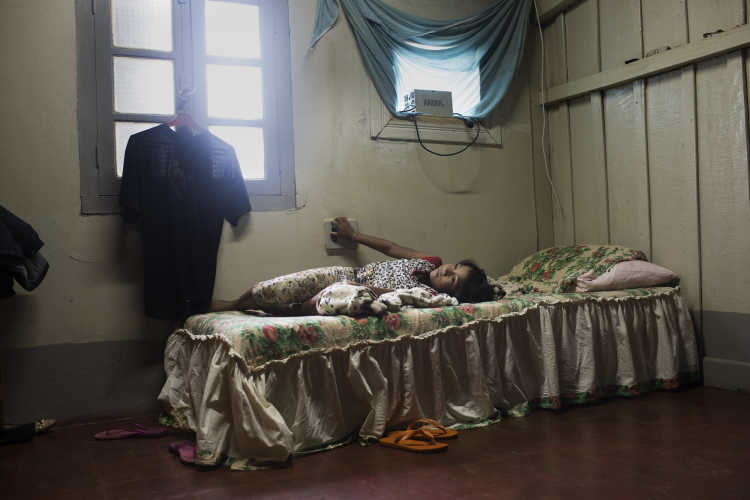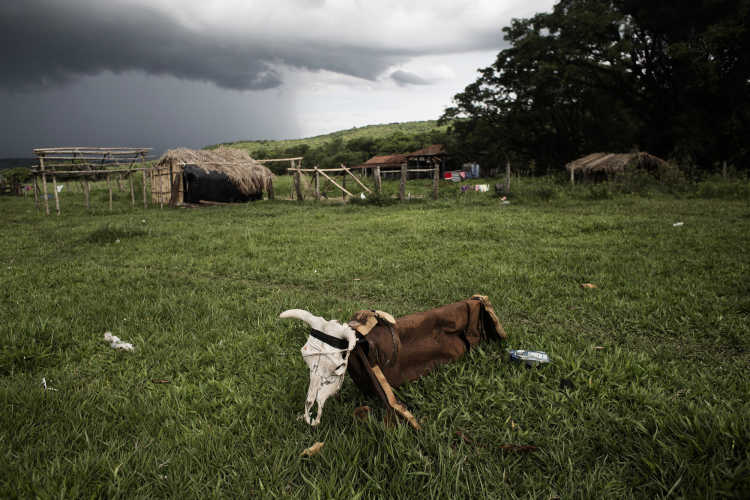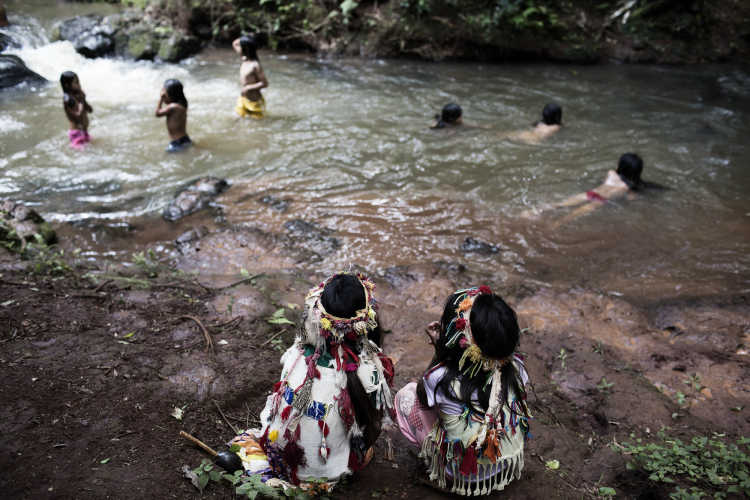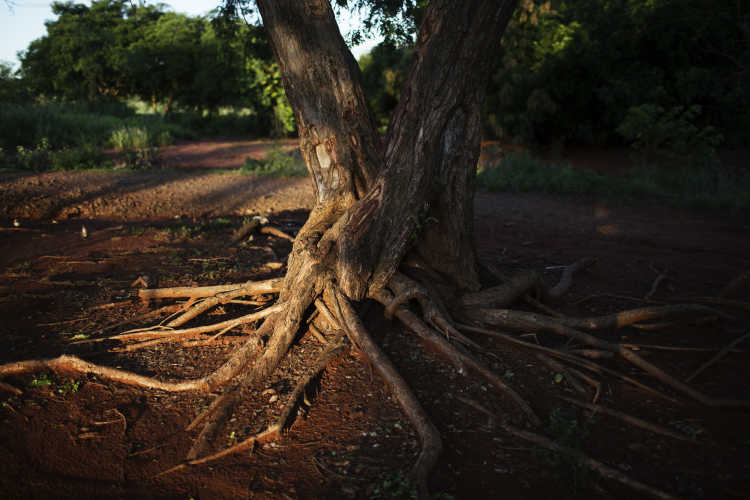Exhibitions
- LODI FESTIVAL, 2015Italy
Publications
Description
Since as far back as they can remember the Guarani have been searching for the land of no evil, a place free from pain and suffering, a land recounted to them by their ancestors. They wandered vast swaths of Brazil and Paraguay in search of this place; until European settlers arrived, and they were corralled into small settlements on the outskirts of towns.Both Brazil and Paraguay raced to settle land around their contentious border. Fences went up and cows occupied space that had only recently been free to roam.
Today, Durango, a city in Brazil’s southwest region of Mato Grosso do Sul serves as ground zero for Guarani misery. Poverty and violence although rural, match that of the city’s favelas. As the indigenous way of life has been broken, made to conform to western values, the Guarani have now remained dependent on the government for even the most basic of provisions.
Small groups of the Guarani-Kaiowá of Durango and its surrounding areas have for the past decades been battling against wealthy landowners for the rights to their ancestral lands, encouraged by a 1988 law allowing for the return of indigenous lands. Guarani land occupations dot the rural state, starting out small, they live rough, and are always on alert for hired hit men known as “pistoleros”. Without a clear position from the government on compensation for the land owners, the Guarani and the ranch owners have been left to battle it out alone, which has resulted in violent and oftentimes deadly clashes.
